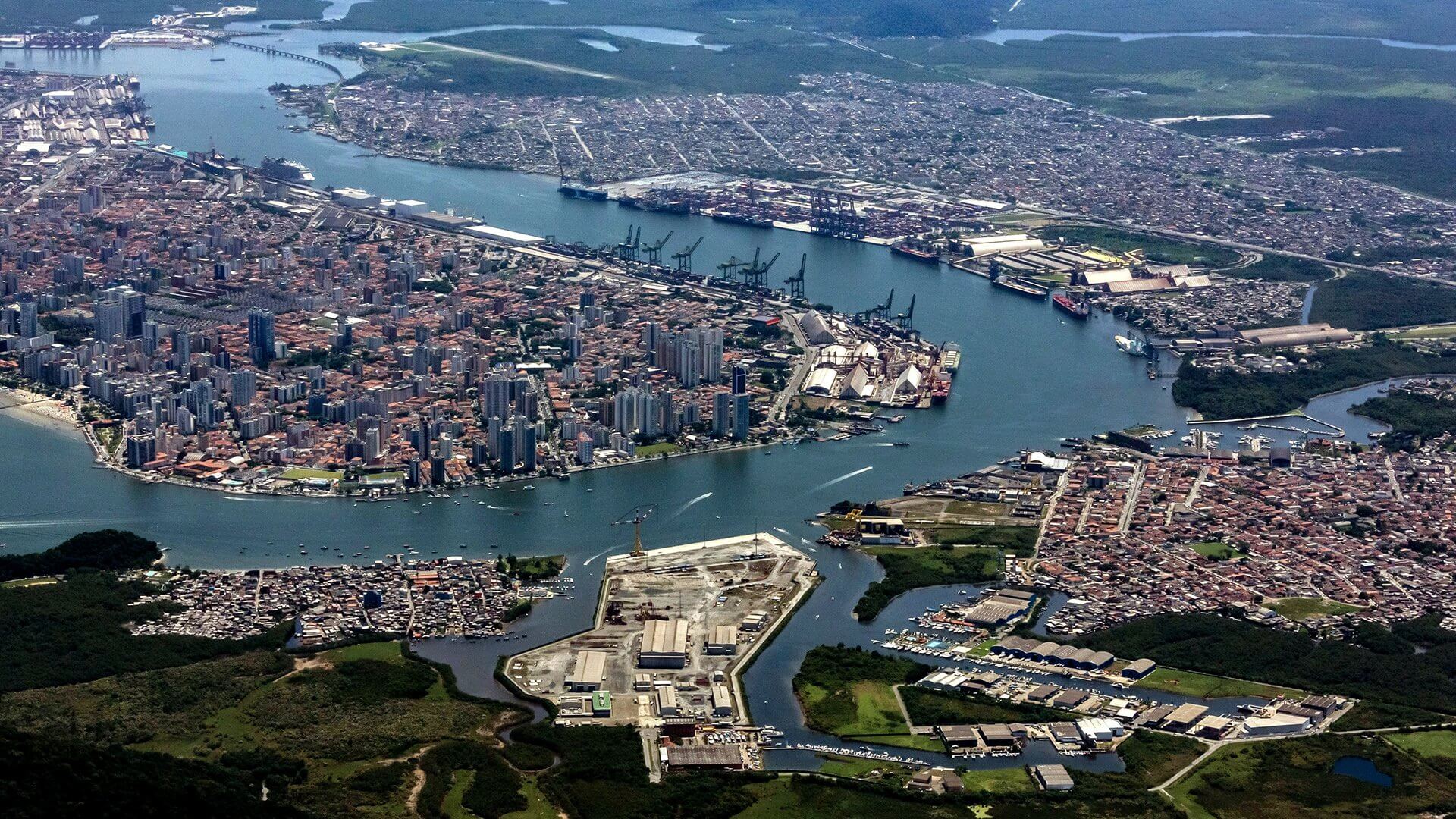The future Minister of Ports and Airports, Márcio França (PSB), ruled out privatizing the port of Santos, the largest in the country. “It will remain state-owned,” he guaranteed, during a press conference on Thursday 22, after being confirmed in the portfolio.
“What we are doing is granting areas within the port.”
França said that Lula da Silva’s government should not reverse concessions made in the previous administration but that it will analyze processes that have not been homologated:
“They will go through the sieve of the new government with the technicians who have our vision on this. The vision is that the issue of ports and airways is strategic for the country.

In July of this year, the government of President Jair Bolsonaro included the port of Santos in the National Privatization Plan.
The Federal Audit Court analyzed the process on the 13th but received three requests for examination.
This delayed the timetable, leaving the process to the future government of Lula da Silva (PT).
Privatizing the port of Santos was expected to be the second largest concession of the Bolsonaro government after offering Eletrobras shares.
The Ministry of Economy is expected to receive approximately R$20 (US$3.8) billion in improvement, expansion, and maintenance projects.
Another R$3 billion would be set aside for constructing a submerged canal to link Santos and Guarujá in São Paulo.
Under the plan, the current port manager, the state-owned Santos Port Authority (SPA, formerly Codesp), would be fully privatized.
This is what the PT administration does not want.
THE PORT OF SANTOS UNDER BOLSONARO
Adding imports and exports together, the Port of Santos is the transit point for almost 30% of Brazil’s trade.
It is also a fundamental corridor for Brazilian agribusiness on the way to foreign buyers and, therefore, strategic for the national economy’s performance.
After the financial recovery of the last four years, the local port management was preparing to be privatized.
The turnaround of the Santos Port Authority during the Bolsonaro administration, an agency linked to the Ministry of Infrastructure, occurred through an effort to exchange state bureaucracy fo

